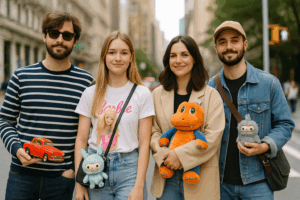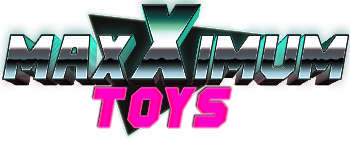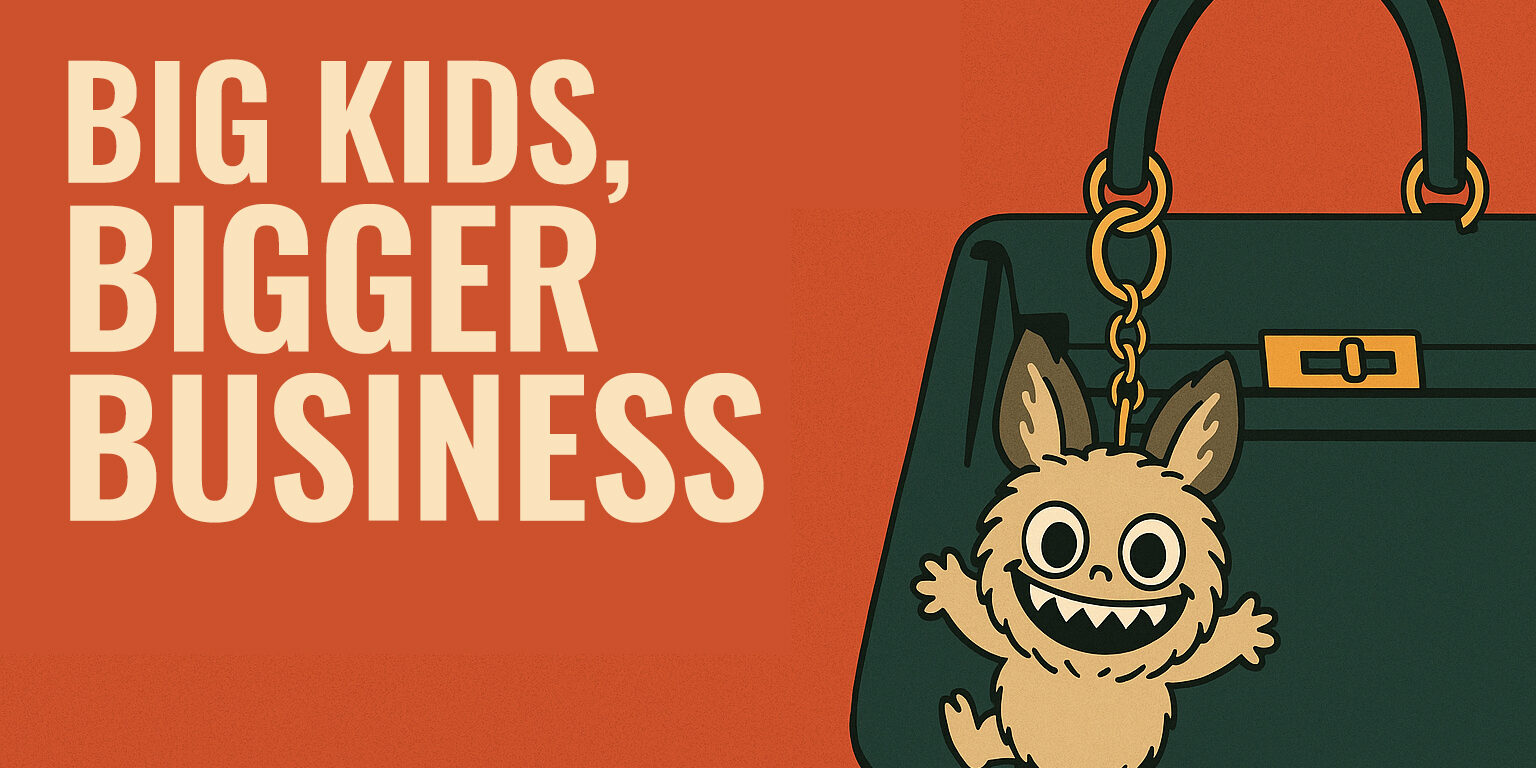Why Toys Became the Hottest Adult Accessory
 The toy aisle isn’t just for kids anymore. In fact, the fastest growing shoppers in the category are adults who already have jobs, mortgages, and plenty of disposable income. Marketers call them “kidults,” and they are driving some of the boldest growth the industry has seen in years. Barbie, Hot Wheels, Bratz, even the Teletubbies through Trixie Mattel’s makeup line have all found ways to court grown-ups who never quite outgrew their favorite playthings.
The toy aisle isn’t just for kids anymore. In fact, the fastest growing shoppers in the category are adults who already have jobs, mortgages, and plenty of disposable income. Marketers call them “kidults,” and they are driving some of the boldest growth the industry has seen in years. Barbie, Hot Wheels, Bratz, even the Teletubbies through Trixie Mattel’s makeup line have all found ways to court grown-ups who never quite outgrew their favorite playthings.
The appeal makes sense. Nostalgia plus stress relief equals an irresistible formula. Juli Lennett, VP and toys industry advisor at Circana, put it plainly: since the pandemic, adults buying toys for themselves has been the growth engine of the toy industry. People lean into childhood comforts when the world feels uncertain, and right now that demand is only getting stronger. Circana’s data shows that in the first quarter of 2025, toy sales for shoppers 18 and older jumped 12 percent compared to last year, making adults the single fastest growing age group in the sector. The firm actually defines kidults as anyone 12 and up who buys toys for themselves, a range that lets analysts track both teens collecting in new ways and adults indulging in nostalgia.
Enter Labubu, the fuzzy little demon that made the leap from China to America this summer and instantly became the poster child for kidult culture. Made by Pop Mart, Labubu toys didn’t just capture kids clipping them onto backpacks. They stormed TikTok, showed up on designer handbags, and landed in the hands of celebrities from Rihanna to Lisa of BLACKPINK. Sales skyrocketed, helping more than double Pop Mart’s revenue in the first half of the year.
The craze has been a marketing masterclass. Pop Mart capitalized on cross-generational appeal with product drops that kids begged parents to chase down, while adults lined up online to secure limited editions for themselves. The hype spilled into fashion and media: Highsnobiety staged a Labubu fashion show in Washington Square Park, complete with a Coach bag prize, and Uniqlo is releasing a full line of Labubu T-shirts and sweatshirts. Social feeds filled with tongue-in-cheek posts from brands eager to borrow some of the glow.
The frenzy also spawned side effects. Knockoffs worth half a million dollars were seized at U.S. ports, resale prices climbed, and at least one California fan meetup drew crowds eager for merch and raffles. The craze was strong enough to earn Pop Mart a spot on the Hang Seng Index, even as analysts wondered if the heat could cool just as fast as it started.
Labubu may be today’s star, but it represents a bigger story. Adults are not just buying toys, they are making them cultural currency. Whether it is a doll, a car, or a creepy-cute gremlin, the message is clear. Playtime sells, and the toy industry has no intention of growing up.











